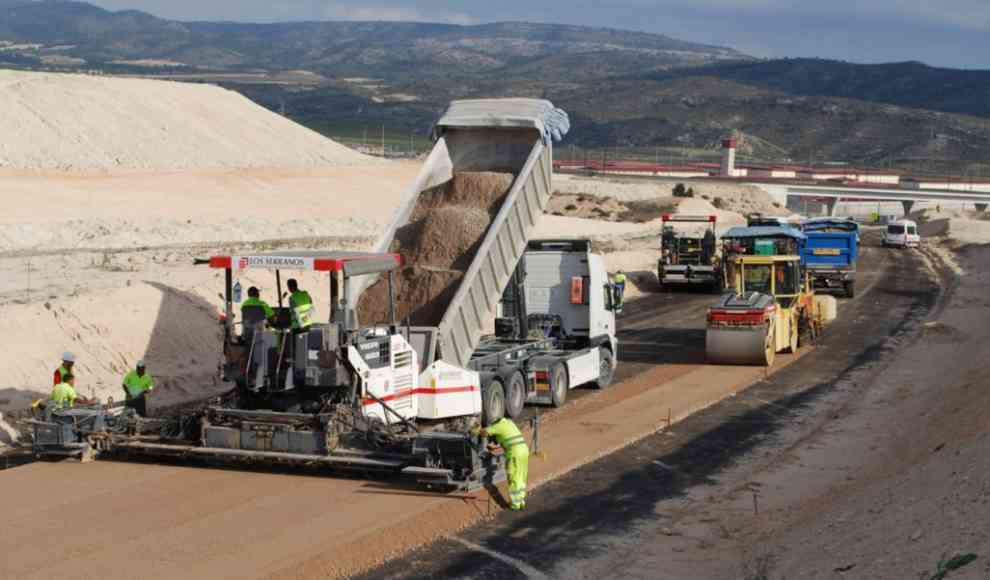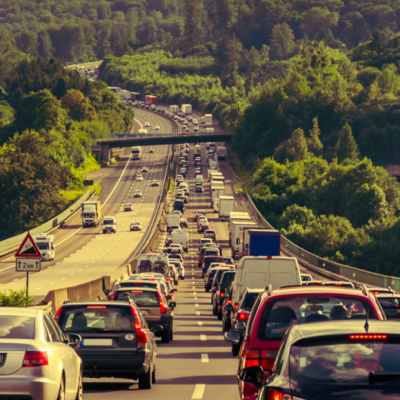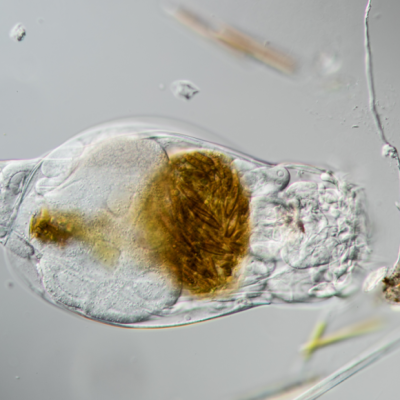Spain’s government is funding a new highway made from recycled paper instead of cement, which can reduce carbon emissions by up to 75%. Typically, roads are built from asphalt or concrete, which are highly emissions-intensive. Therefore, the Spanish project named Paperchain is testing whether roads can be built from waste paper. La Font de la Figuera, a town in central Catalonia, Spain, about 350 kilometers from Madrid, is experimenting with new ways to save enormous amounts of CO2 in road construction. Paper that can no longer be recycled is burned and then used as a road surface. Individual sections of the highway in La Font de la Figuera have already been covered with the paper surface.
The Spanish company Acciona, responsible for building the highway, is extremely positive about the new material. “The paper ash not only meets all the technical requirements of cement but is also much more environmentally friendly,” commented the project manager of the project on road construction from paper to Euronews. The company is promoting the use of paper ash as a building material for roads. According to a study by the Technical University of Madrid, the innovative road surface could save between 65 and 75% of CO2 emissions. The first goal of the company is to use the new surface in projects throughout Spain, creating more environmentally friendly roads and reducing the amount of cement needed.
The current road construction project is one of three model projects aimed at converting waste from the European paper and pulp industry into new resources. According to an older study from 2014, around 130 million tons of paper and 11 million tons of pulp waste are generated each year, which can no longer be recycled. The use of lime sludge, quenched sand, and green liquor residues are raw materials suitable for asphalt concrete. Spain is working with Portugal to convert this waste into usable building materials. Sweden is also working on a similar project in the north of the country.










